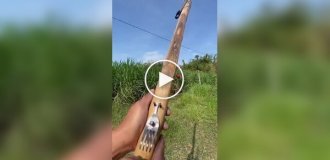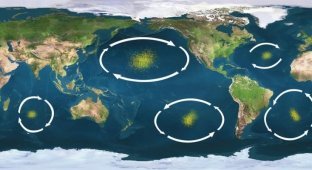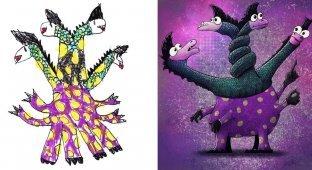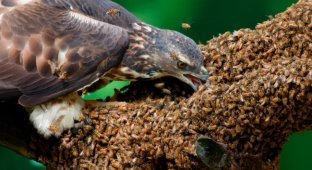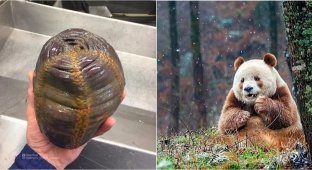The Plankton Paradox: What is this complex mystery of modern biology? (5 photos)
Nature is cruel... blah blah... only the strongest survive... blah blah blah... In the face of a lack of resources, only a group of opportunists will remain in the evolutionary arena... To hell with this! Plankton doesn't care about environmental rules! 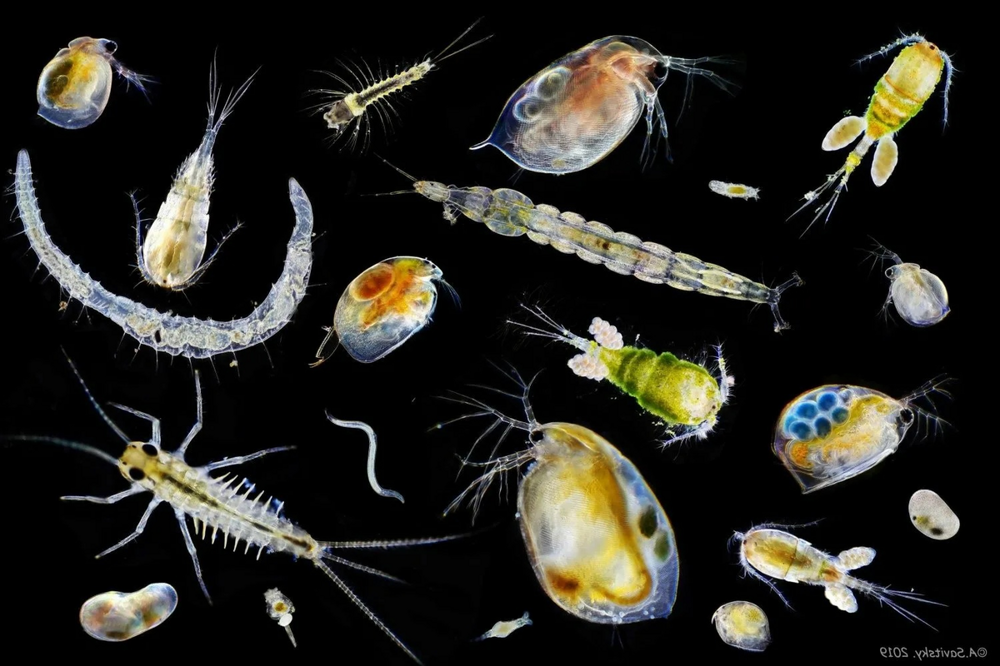
A typical gathering of informal teenagers!
This paradox is called the plankton paradox. Its essence lies in the fact that a limited amount of resources supports many types of microscopic organisms at once. Thus, the Gause principle goes through the woods. This is the same rule of competition: if two species fight for resources, then sooner or later a winner will emerge. He will squeeze out food, territory, multiply, and his competitor will die out. 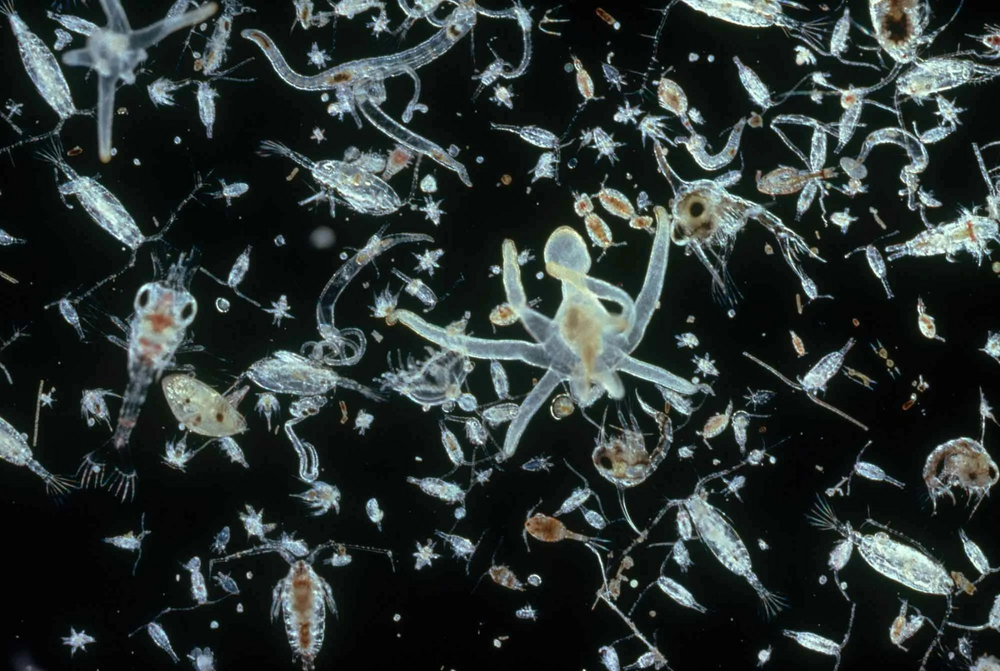
How many micro-faces did you count in one photo?
But in ecosystems ruled by plankton, things don't work that way. Dozens, hundreds of species, large populations and local species from the outskirts - all coexist peacefully with each other even during times of food shortage. And for some reason no one dies out. For a long time they could not explain such stable diversity - theory was at odds with practice. Maybe it's all about the chaotic bubbling of the liquid? Or maybe microorganisms distribute prey by size? Or is the instability of conditions to blame? 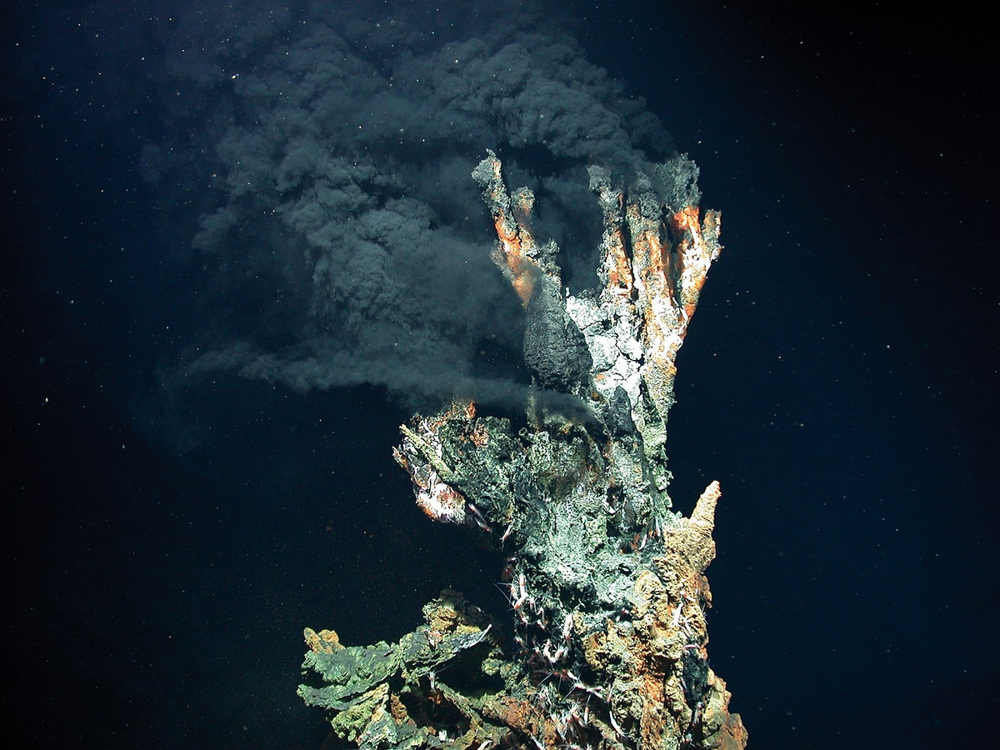
Normal species: choose comfortable conditions and an abundance of food. Plankton: let's live in darkness, boiling water and poison at the bottom of the sea and create complex ecosystems?
The queen of all sciences, mathematics, helped to understand the paradox. Scientists have compiled a model. The rules of the game at the first stage were still the same: the strongest displace the weakest. But here's the thing: by eating some resource, small organisms release substances suitable for feeding other species. 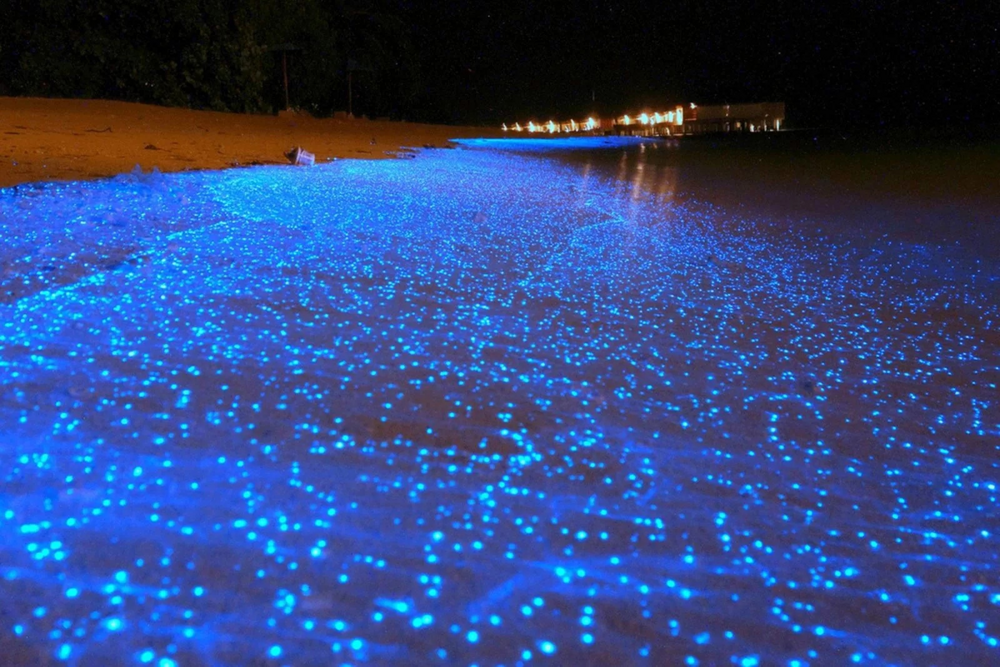
Lights of a large stable community. This is what some bioluminescent plankton looks like in a long exposure photo.
This is how the food chain turns into a whole tree, where one type of plankton feeds on resources from the outside, the second feeds on the waste of the first, and the third can eat everything at once. Many species even begin to “negotiate.” Someone acquires one resource for themselves and shares others. Some share food among themselves in certain proportions. 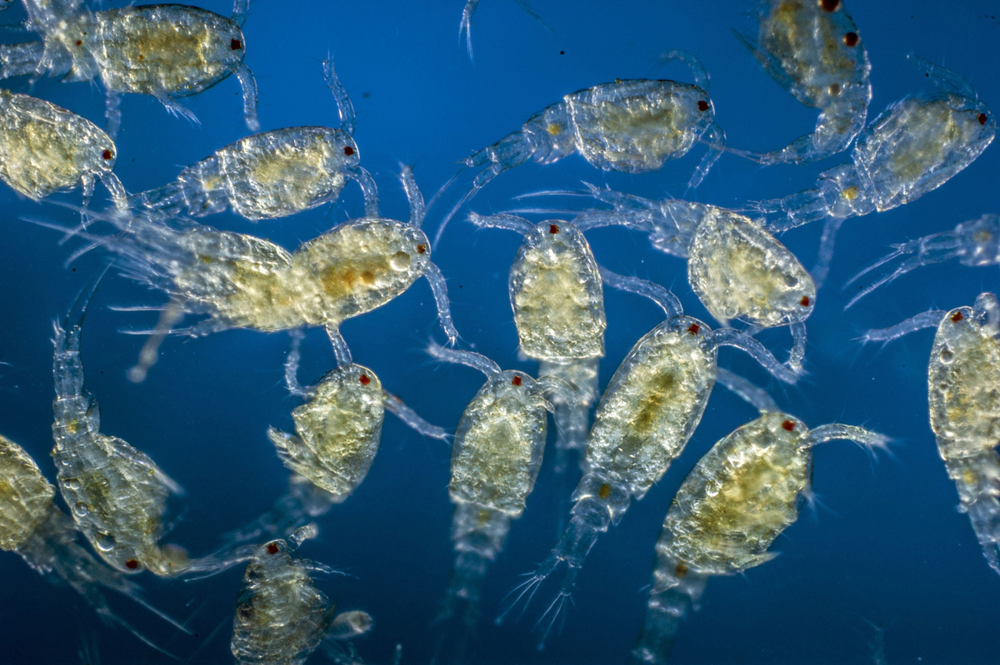
- Guys, let's share resources? - For what? “People there came up with a rule that no one does that.” - Lol, come on.
The rule of competition remained working: more efficient species wedge themselves into the ecosystem, squeeze out ecological niches, but at the same time create new ones. Ultimately, the microscopic fuss will subside - the ecosystem becomes very stable, despite the fact that a whole horde of competitors remains in it. The more species of plankton there are in the system, the stronger the community becomes.



